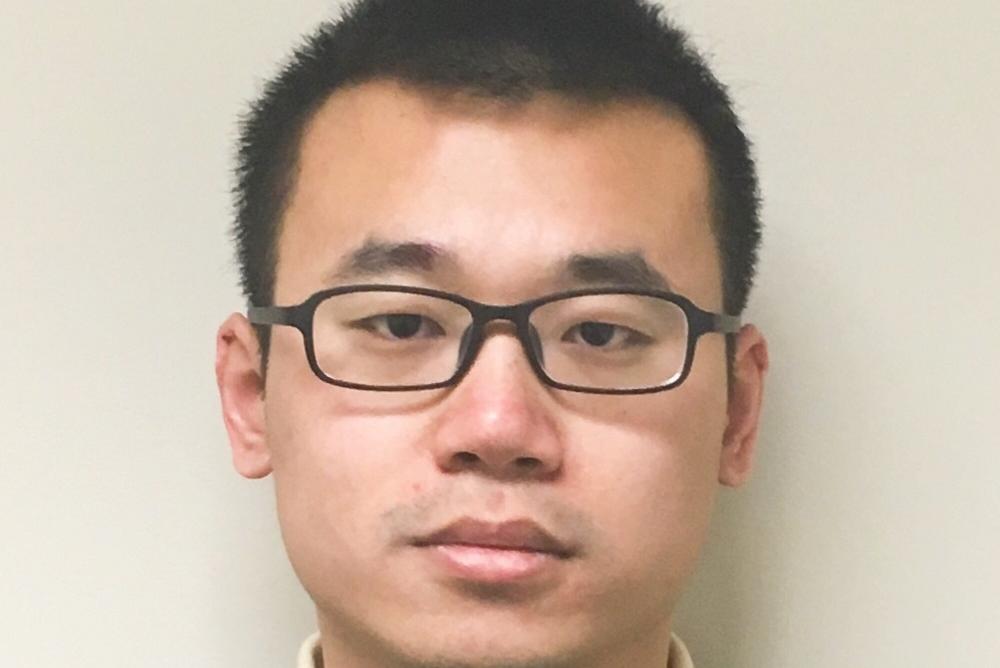Computer Science Events
[PAST EVENT] Xing Gao, Computer Science - Ph.D. Defense

Abstract:
Data centers have been growing rapidly in recent years to meet the surging demand of cloud services. However, the expanding scale of a data center also brings new security threats. This dissertation studies emerging security issues in clouds and data centers from different aspects, including low-level cooling infrastructures and different virtualization techniques such as container and virtual machine (VM).
We first unveil a new vulnerability called reduced cooling redundancy that might be exploited to launch thermal attacks, resulting in severely worsened thermal conditions in a data center. Such a vulnerability is caused by the wide adoption of aggressive cooling energy saving policies. We conduct thermal measurements and uncover effective thermal attack vectors at the server, rack, and data center levels. We also present damage assessments of thermal attacks. Our results demonstrate that thermal attacks can negatively impact the thermal conditions and reliability of victim servers, significantly raise the cooling cost, and even lead to cooling failures. Finally, we propose effective defenses to mitigate thermal attacks.
We then perform a systematic study to understand the security implications of the information leakage in multi-tenancy container cloud services. Due to the incomplete implementation of system resource isolation mechanisms in the Linux kernel, a spectrum of system-wide host information is exposed to the containers, including host-system state information and individual process execution information. By exploiting such leaked host information, malicious adversaries can easily launch advanced attacks that can seriously affect the reliability of cloud services. Additionally, we discuss the root causes of the containers? information leakage and propose a two-stage defense approach. The experimental results show that our defense is effective and incurs trivial performance overhead.
Finally, we investigate security issues in the existing VM live migration approaches, especially the post-copy approach. While the entire live migration process relies upon reliable TCP connectivity for the transfer of the VM state, we demonstrate that the loss of TCP reliability leads to VM live migration failure. By intentionally aborting the TCP connection, attackers can cause unrecoverable memory inconsistency for post-copy, significantly increase service downtime, and degrade the running VM?s performance. From the offensive side, we present detailed techniques to reset the migration connection under heavy networking traffic. From the defensive side, we also propose effective protection to secure the live migration procedure.
Bio:
Xing Gao is a Ph.D. candidate of Computer Science at William & Mary and currently a visiting Ph.D. student in the Department of Electrical and Computer Engineering at the University of Delaware, advised by Dr. Haining Wang. His research interests lie in security, cloud computing and mobile computing. Before joining William & Mary, he received his B.S. degree from Beijing Institute of Technology.
